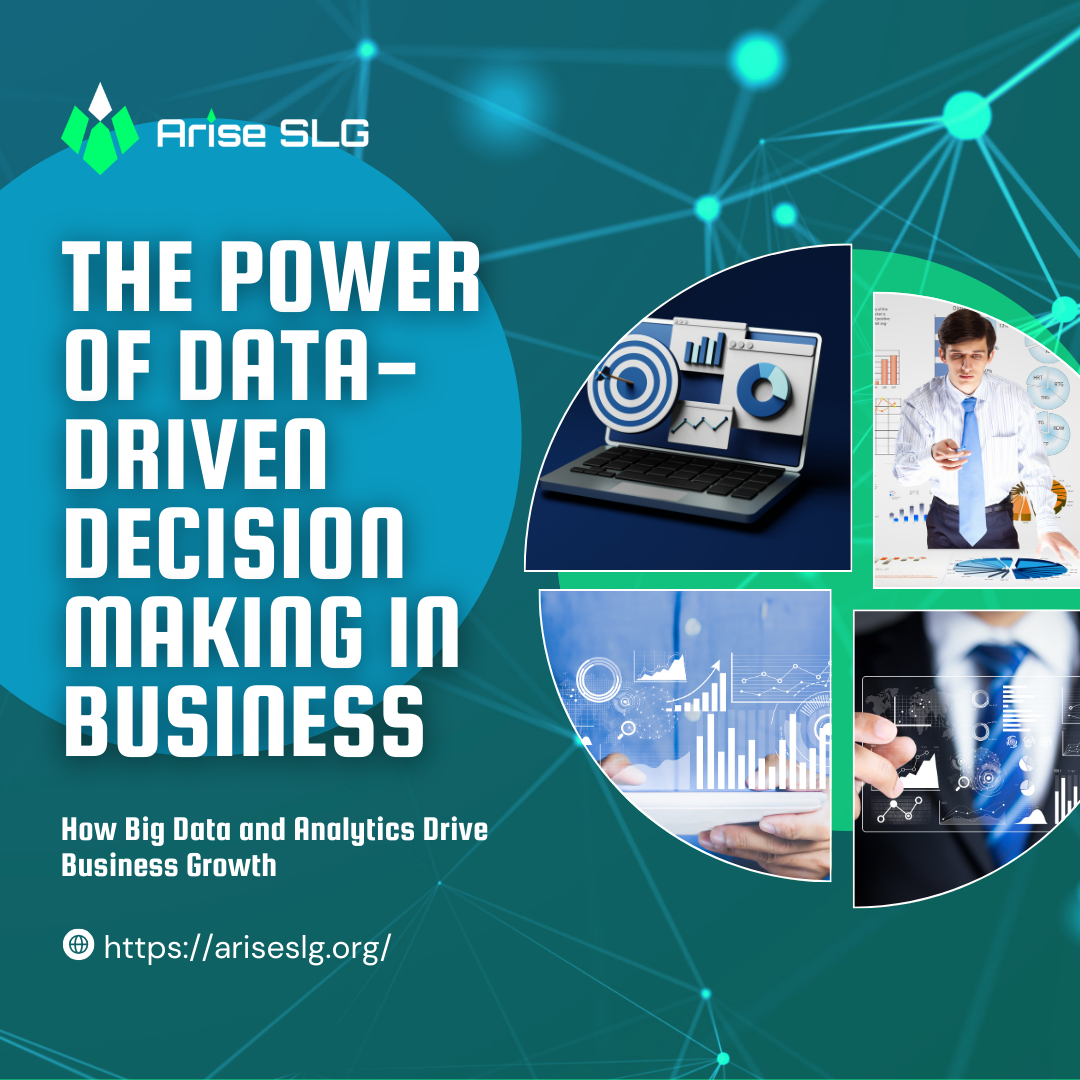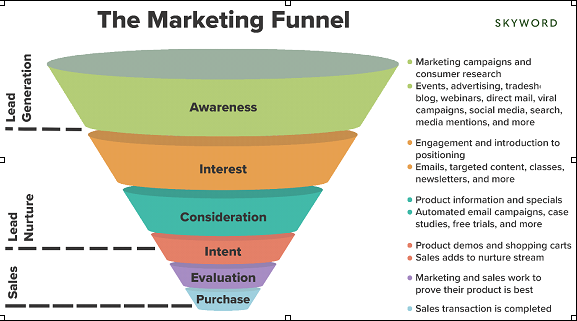In today’s competitive business landscape, understanding customer needs and behaviors is essential to create a winning strategy. Market research has evolved far beyond traditional methods, now using digital tools and innovative techniques to yield insights that empower businesses to make informed, consumer-centric decisions.
In this article, we explore the essential role of market research, the steps to execute a successful market research campaign, and real-world examples of its impact.
Why Market Research is a Cornerstone of Strategy
At its core, market research is the process of gathering, analyzing, and interpreting data about a market, including information about the target audience, competitors, and industry trends. Businesses use this information to understand consumer desires, optimize marketing strategies, and identify new opportunities. Today, with the abundance of data available online, organizations can conduct research that is faster, more precise, and more dynamic than ever before. For companies that want to stay agile, market research provides actionable insights that inform strategic decisions.
Types of Market Research
Market research generally falls into two categories: primary and secondary research. Primary Research involves gathering data firsthand through methods such as surveys, interviews, and focus groups. This research is highly customizable and provides direct insight from the target market.
Secondary Research draws on existing data from industry reports, public resources, and competitor analysis. This type of research is cost-effective and offers a broader overview of market trends.
Combining both methods offers a balanced, holistic view of the market and enables businesses to cross-reference findings to increase accuracy.
Key Steps in Conducting Market Research
To achieve actionable insights, a structured approach is essential. Here’s a step-by-step outline
for a successful market research campaign:
1. Define Your Research Objectives
Establish clear goals for your research. What questions do you want to answer? Whether it’s understanding purchasing behavior, identifying brand perception, or gauging customer satisfaction, these objectives will guide your research process.
2. Select Your Research Methodology
Choose between quantitative and qualitative approaches, or a mix of both. Quantitative research focuses on measurable data, like surveys, while qualitative research captures detailed insights through interviews or focus groups.
3. Identify and Segment Your Target Audience
Knowing who you’re researching is as critical as what you’re researching. Segmenting your target audience ensures that you’re gathering relevant insights from the consumers most likely to impact your business.
4. Gather Data Efficiently
Use digital tools such as online surveys, CRM systems, and social listening platforms. This enables you to collect real-time data and gain insights into shifting consumer preferences quickly.
5. Analyze and Interpret Data
Once collected, analyze your data with tools like SPSS, Excel, or other analytics software. Identify patterns, trends, and outliers, and interpret these findings to draw conclusions.
6. Apply the Insights to Your Strategy
With data-backed insights in hand, align your findings with your business objectives. Whether it’s enhancing your product features, improving brand messaging, or refining your marketing channels, these insights should directly influence your strategy.
Real-Life Scenario: PepsiCo’s Market Research for Product Development
PepsiCo’s release of Bubly, their sparkling water brand, provides a powerful example of effective market research. Recognizing an increase in health-conscious consumers, PepsiCo sought to diversify its product offerings. Before the launch, PepsiCo conducted extensive research into consumer health trends, competitive analysis, and customer preferences for natural, low-calorie beverages. This research directly influenced the product’s packaging, flavors, and branding, ultimately leading Bubly to become a strong competitor in the rapidly growing sparkling water market.
The Impact of Digital Tools in Modern Market Research
The advent of digital technology has significantly enhanced the market research process. Today, businesses can utilize AI-driven tools for sentiment analysis on social media, predictive analytics to forecast future trends, and online focus groups to gather real-time consumer feedback. For instance, Google Trends and keyword analysis tools allow businesses to measure consumer interest over time and respond proactively to emerging trends. Social media analytics platforms like Sprout Social and Hootsuite enable real-time consumer listening, providing companies with instant feedback on consumer sentiment and preferences.
The Role of Market Research in Driving Sustainable Growth
Market research is a continuous process. Successful companies treat it as an ongoing strategy rather than a one-time task, enabling them to adapt to market fluctuations, shifts in consumer behavior, and changes in competitive dynamics. By incorporating regular research efforts, businesses can stay responsive, make informed decisions, and continue to meet the evolving needs of their customers.
Final Thoughts
Effective market research equips businesses with the insights they need to remain relevant, understand consumer demand, and make strategic decisions that foster growth. As technology advances, market research becomes even more sophisticated, enabling companies to gain deeper insights with greater accuracy. In a world where consumer preferences are constantly changing, market research is an essential tool to ensure businesses not only survive but thrive in a highly competitive environment.
#MarketResearch #ConsumerInsights #BusinessStrategy #CustomerExperience #DataDriven









